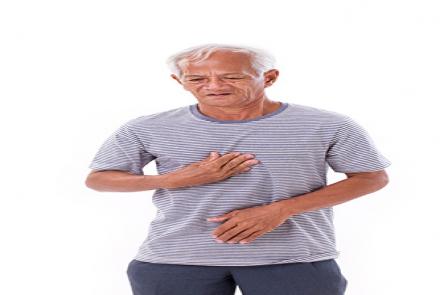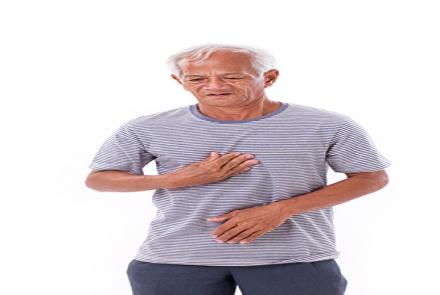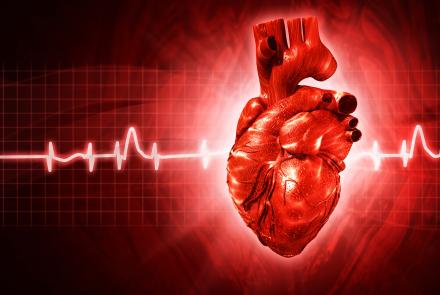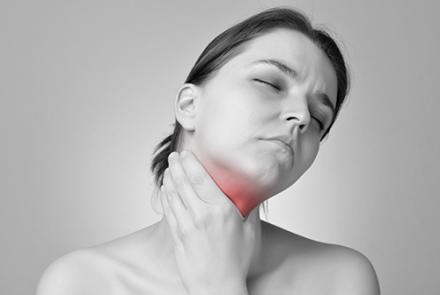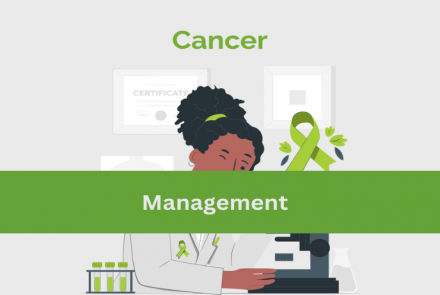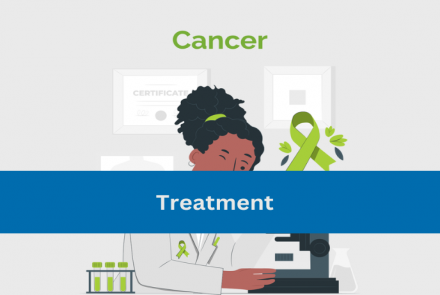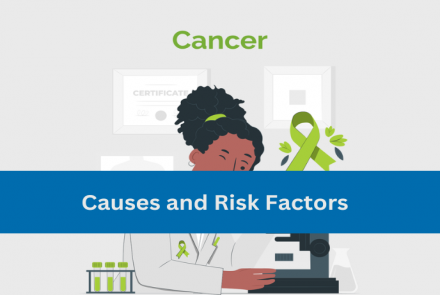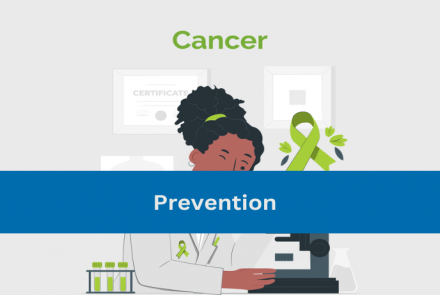If your acid reflux or GERD is under control, you may have no serious problems from it. But if you do not keep it in control, it can cause complications.
If it is not treated, acid reflux can cause inflammation and bleeding in the esophagus, the tube that connects your throat to your stomach. Even cancer can happen, but it’s rare. The most important thing is to work with your doctor to manage the condition and avoid these problems.
Latest Stories
- GERD can be prevented in most cases by making the right choices in terms of lifestyle. Reduces chances of developing GERD by cutting down on Smoking Spicy foods Acidic fruits and vegetables, like citrus or tomatoes Alcohol Garlic and onions Fried foods, or heavily fatty foods Suggested reading Management section Diet changes to control acid reflux http://www.patientsengage.com/conditions/gerd/caring-tips
- Take all medications exactly as prescribed. Do not stop taking any prescription medication without first consulting your doctor. If you have any side effects, please discuss with your doctor. Make sure your doctor knows about all your other drugs and supplements, including over-the-counter medications and vitamins. Monitor your pulse especially if you have a pacemaker Put the second and third fingers of one hand on the inside of the wrist of the other hand, just below the thumb OR…
- There is no known method to preventing this condition. But if you do observe any of the symptoms or have any risk factors, you are advised to seek early diagnosis and treatment.
- If your child is behind on the developmental milestones, it is important to act as early as possible. Lakshmi Gopalakrishnan, a Special Educator and Rehabilitation specialist, tells you why and what it involves. Human learning and development is most rapid in the preschool years. This is the time of ‘Maximum Readiness’ and is very important, especially if the child has a delay in development/a disability/high risk of attaining a delay or disability. If the ‘most…
- Food and Nutrition Cancer and cancer treatments can be harsh on the body. Lack of appetite, weight loss and muscle wasting are common during cancer and treatment. Healthy food choices that are high in calories and proteins can boost cell growth, weight gain and improve recovery. Here are some tips for good nutrition that can be followed while treatment is ongoing: Eat small and frequent snacks Eat every few hours Include lots of leafy greens and vegetables in the diet (but make sure they…
- The options depend on the type of cancer, how far it has spread, age, lifestyle and the health status of the patient. There is no single treatment for cancer and doctors often combine different types of treatment. Surgery - Surgery is the oldest known method of treating cancer. Surgery is quite effective if the cancer has not spread or metastasised. Surgery is often combined with other forms of therapy, like radiotherapy and chemotherapy. Chemotherapy - Chemotherapy is generally used when the…
- What causes cancer? Understanding the causes and risk factors can help in cancer prevention efforts and early detection strategies. Here are some common triggers: Genetics - Genetic predisposition can increase the risk of certain cancers, especially in families with a history of the disease. Each cell in our body contains DNA, which controls its action. Any change or mutation to the DNA that damages the genes involved in cell division can lead to cancer. Cancer occurs when because of gene…
- Cancer accounted for an estimate 9.6 million deaths in 2018. This cancer burden can be reduced by avoiding key risk factors, early detecttion and management of patients. The risk of developing cancer depends on genes, environment and lifestyle. If the cancer is linked to certain behaviours, it may be prevented. Here are some dos and don’ts: Do not use tobacco (smokless and smoking) to protect against oral, lung and several other cancers Do not drink excessive alcohol to protect against liver…

